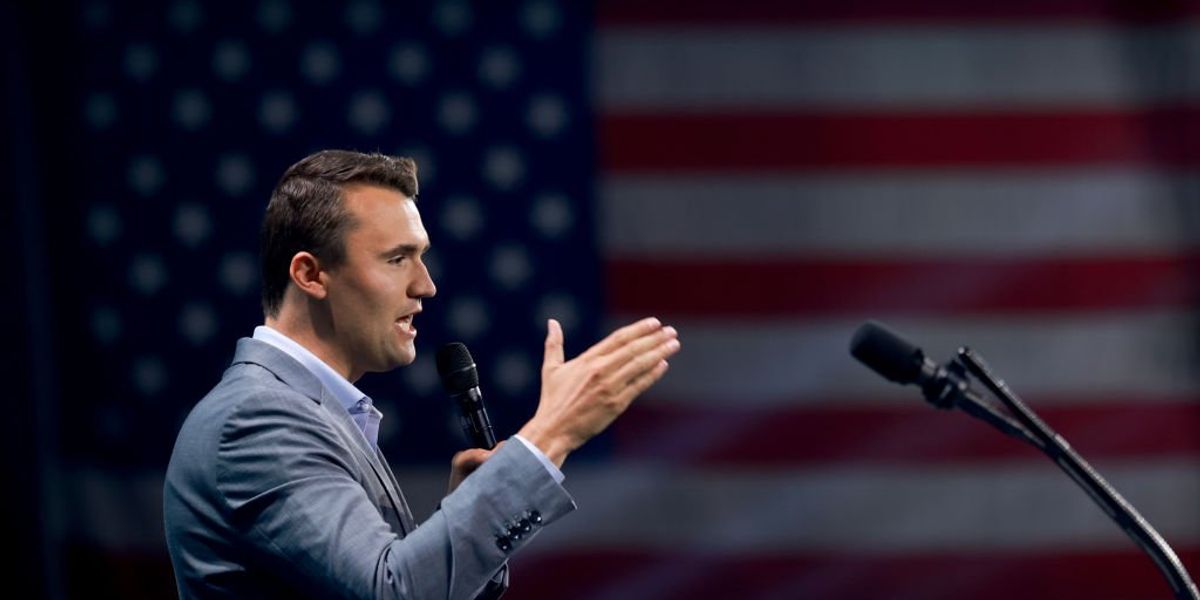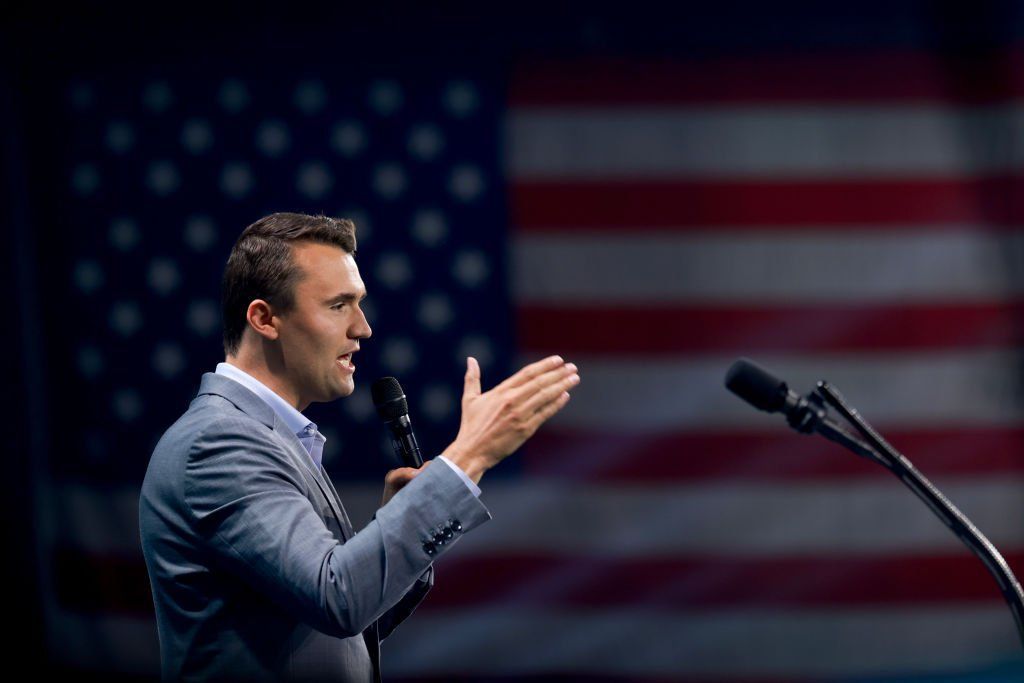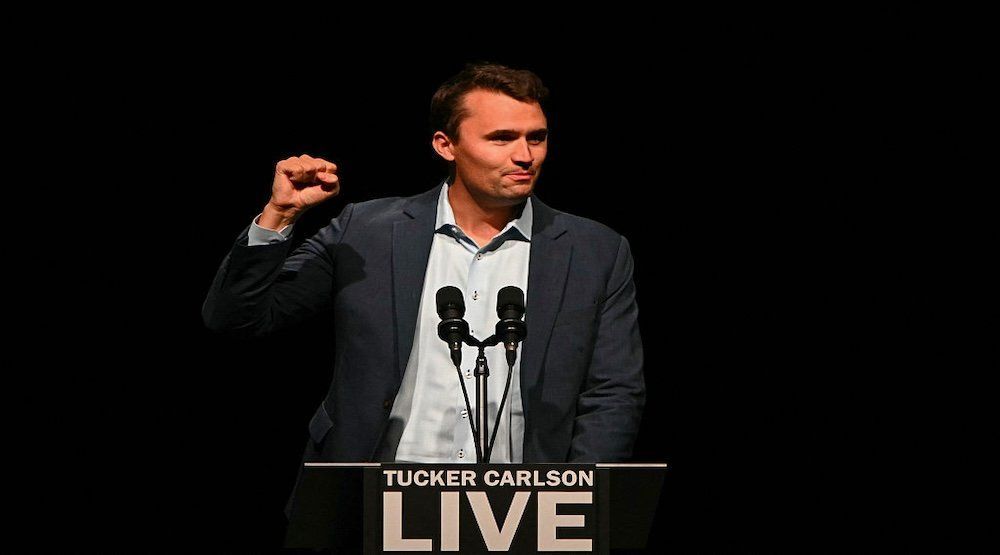

Over the weekend, the world mourned the murder of Charlie Kirk. In London, crowds filled the streets, chanting “Charlie! Charlie! Charlie!” and holding up pictures of the fallen conservative giant. Protests in his honor spread as far away as South Korea. This wasn’t just admiration for one man; it was a global acknowledgment that courage and conviction — the kind embodied by Kirk during his lifetime — still matter. But it was also a warning. This is a test for our society, our morality, and our willingness to defend truth.
Italian Prime Minister Giorgia Meloni recently delivered a speech that struck at the heart of this crisis. She praised Kirk as a man who welcomed debate, who smiled while defending his ideas, and who faced opposition with respect. That courage is frightening to those who have no arguments. When reason fails, the weapons left are insults, criminalization, and sometimes violence. We see it again today, in the wake of Charlie Kirk’s assassination.
Charlie Kirk’s life was a challenge. His death is a call.
Some professors and public intellectuals have written things that should chill every American soul. They argue that shooting a right-wing figure is somehow less serious than murdering others. They suggest it could be mitigated because of political disagreement. These aren’t careless words — they are a rationalization for murder.
Free speech vs. glorifying murder
Words matter. Celebrating the death of Charlie Kirk is not free speech. It is a glorification of evil. Parents and communities have every right to demand accountability from those in positions of trust. A teacher, professor, or public official who cheers violence has revealed the state of his or her heart. Scripture reminds us, “Out of the abundance of the heart, the mouth speaks.” A society that tolerates murder is a society that has lost its moral compass.
Some will argue that holding such figures accountable is “cancel culture.” They will say that we are silencing debate. They are wrong. Accountability is not cancel culture. A critical difference lies between debating ideas and celebrating death. Debate challenges minds. Celebrating murder abandons humanity. Charlie Kirk’s death draws that line sharply.
History offers us lessons. In France, mobs cheered executions as the guillotine claimed the heads of their enemies — and their own heads soon rolled. Cicero begged his countrymen to reason, yet the mob chose blood over law, and liberty was lost. Charlie Kirk’s assassination reminds us that violence ensues when virtue is abandoned.
We must also distinguish between debates over policy and attacks on life itself. A teacher who argues that children should not undergo gender-transition procedures before adulthood participates in a policy debate. A person who says Charlie Kirk’s death is a victory rejoices in violence. That person has no place shaping minds or guiding children.
RELATED: ‘Do not go gentle into that good night’: Remembering Charlie Kirk
 Photo by PATRICK T. FALLON/AFP via Getty Images
Photo by PATRICK T. FALLON/AFP via Getty Images
For liberty and virtue
Liberty without virtue is national suicide. The Constitution protects speech — even dangerous ideas — but it cannot shield those who glorify murder. Society has the right to demand virtue from its leaders, educators, and public figures. Charlie Kirk’s life was a challenge. His death is a call. It is a call to defend our children, our communities, and the principles that make America free.
Cancel culture silences debate. But accountability preserves it. A society that distinguishes between debating ideas and celebrating death still has a moral compass. It still has hope. It still has us.
















